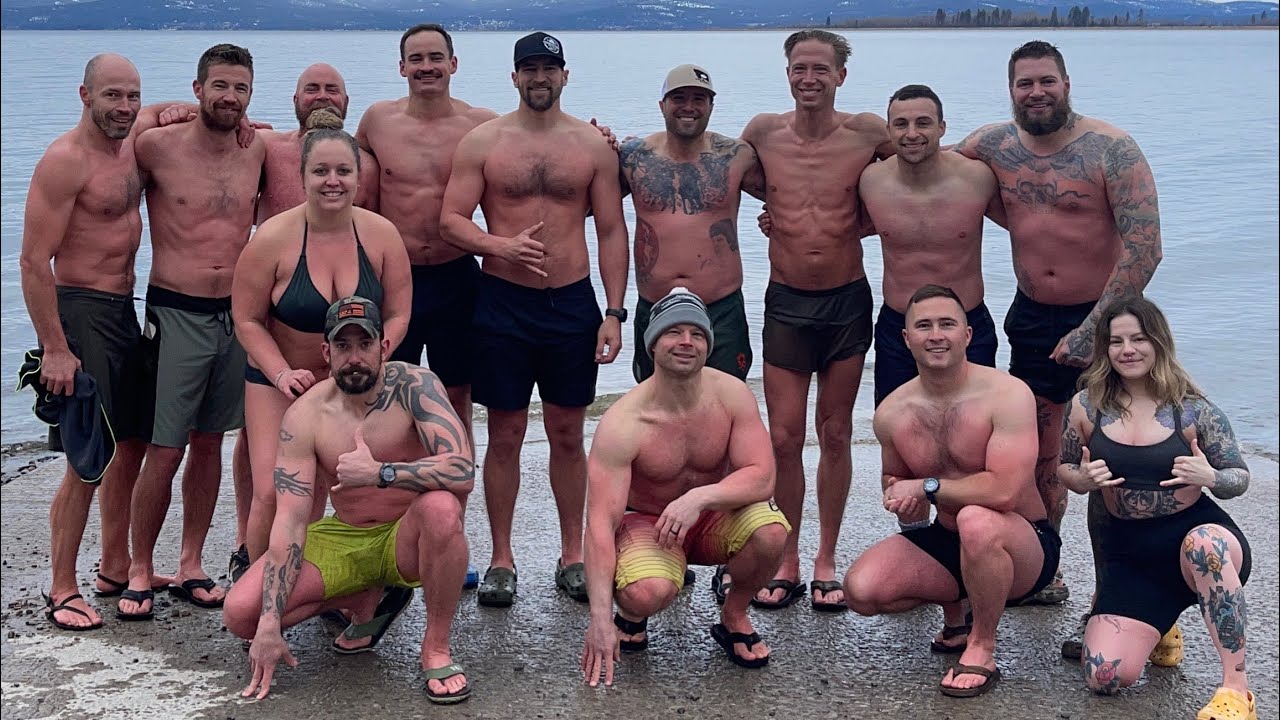Double Tap: Vet battles PTSD discrimination case with Mississippi College

Who: Jeremy Rawls, a former Marine and Army National Guardsman What: Rawls attended a required meeting at school for PTSD and service related issues. The school’s representative was a Muslim female with whom Rawls did not feel comfortable discussing his war-related issues. He requested a new counselor, but instead the school suspended him. To protect his status for the semester, Rawls couldn’t speak out about the issue until the end of semester. His concern for the staggering 22-a-day statistic has him standing up for veteran rights across the board. “I want them to change their policy and show it. I want this to be an example to other schools to not take it as a joke. Just because we have PTSD or anxiety doesn't mean we'll flip out. They don't need to be afraid.”.

THE FULL STORY as a Veteran battles school over PTSD discrimination charges
When Jeremy Rawls, a former Marine and Army National Guardsman, attended his mandatory meeting with counselors at Mississippi College, he had no notion that he ignited a tinderbox that would lead to him being suspended from school.

He walked into the room for a mandatory session with a school counselor to discuss how the school staff would accommodate his combat-related disabilities (i.e. he must always carry a water bottle due to lung disease), and was met by a female counselor wearing a full hijab. She looked at him with fear in her eyes.
"I saw her and thought, ‘Would she feel comfortable with someone like me in the room?’" Rawls said. “All of my disabilities are combat related; I wouldn't want to talk to her with about all of the cultural and religious differences.”
He noted that the issues directly resulted from combat, a topic that would make them both distinctly uncomfortable.“That was the first time she looked at my stuff and I could tell she was scared. That makes me the bad guy even though I had to be there – it wasn't by choice.” The firestorm that followed unnerved his emotions and elicited his protective streak – of the woman, and his fellow veterans who might be caught unawares.“You expect to trust the community and the college you go to,” Rawls said. “You see all the horrible stuff in the world and come home to see this…there's no trust anymore.”Aggravation crept up on him little by little as he discussed with coworkers and fellow veterans his concern, that other veteran students might not cope well in the same situation. It triggered some issues and emotions over the weekend and he felt the need to make the school aware of the hostile situation they created.“I didn't go in on any type of abrasive level,” Rawls stressed. “I couldn't share any of the information, stayed cordial, and finished up the meeting…I feel like they kind of threw her under the bus.”He expressed concern for her comfort and sensitivity to her situation repeatedly. That concern was influenced by the of years of sensitivity training he received; particularly before each of his four deployments (two in Iraq and two as a contractor in Afghanistan), as well as his four years of service as a Marine Corps mechanic with Alpha Company, Second Tank Battalion, and the seven-and-a-half years of duty as an infantryman in the Army National Guard.He left the office thinking nothing was accomplished in the initial counseling session. But the more he thought about that meeting, the more unnerving the situation became. He mentioned the meeting to a few veteran coworkers and, after thinking about it over the weekend, decided he needed to act. Rawls was concerned other veterans would be put into a similar situation and he didn’t want them caught unawares.“We lose 22 vets a day to suicide,” a tragic number that recently includes Rawls’ close friend, a fact he communicated with the school. He worried that other veterans might not be able to cope with being blindly thrown into an uncomfortable situation as he was.

The following Monday he decided to e-mail the school staff. He didn't hear anything for two days, but when his wife called, that’s when things escalated.The college staff called him in for another meeting.Rawls expected to talk about them assigning a different counselor and the need for a change in policy. Instead they sprang a suspension contract on him.“They never met with me or talked to me and that was it,” Rawls said. “I didn't know about the suspension.”The school officially denies that he was suspended and deemed a threat because of his status as a combat veteran; however, they refuse to state the reason he had to miss a week of classes, was banned from school activities for most of the semester, and was not allowed to continue his employment at the school’s veteran center.Their press release states “While Mississippi College cannot specify the details related to Mr. Rawls temporary suspension, we want to firmly deny these accusations [suspension because of his request to switch counselors].”“I'd like to know why they suspended me then, I didn't do anything else,” said Rawls, who sent a formal letter requesting formal documentation, and has yet to receive an answer. Though the statement sent to Rawls from the school presented a different tale.In a letter dated February 26, the associate dean of students wrote, “After discussing the totality of the circumstances…the Student Intervention Team unanimously agrees that we have a due diligence in not only the protection of yourself, but also the campus community as a whole from potential harm or the threat there of.”“I did not like being called a liar,” Rawls said. “The more that happens, the longer I'm going to be here fighting. They keep making up stuff and saying things that are not true. I have everything I need to prove my case. If they had just owned up to it we could have gone forward - they didn't have to start lying.”Not only was he barred from attending classes, the school demanded access to his health records, treatment plans and progress summaries confirmation of dates of service, diagnosis and other things not previously demanded in accommodating his specific needs for physical issues stemming from combat experience.Rawls jumped through the school’s hoops, including a required reintegration program, to return to classes. They wanted access to his medical records and demanded he attend more therapy, despite the local Department of Veteran’s Affairs’ insistence it wasn’t necessary. He was restricted from all activities outside of class to include associations and sporting events, and even his job within the school’s veteran outreach office. He has since filed an Equal Employment Occupation Commission complaint because they discriminated against him and kept him from his job.“They poured a lot of salt in my wounds, and I've dealt with it all semester,” Rawls said. “I couldn't say anything, so I had to wait or I'd lose my credits. I had to be quiet until now. I don't plan on being quiet any longer.”“I want them to change their policy and show it,” Rawls said. “I want this to be an example to other schools to not take it as a joke. Just because we have PTSD or anxiety doesn't mean we'll flip out. They don't need to be afraid.”




Share Jeremy Rawls' story here[mwi-cat-listing cat="94" ppp="4" cols="4" desc="false" type="view" btn_color="black" ]



%201.svg)









